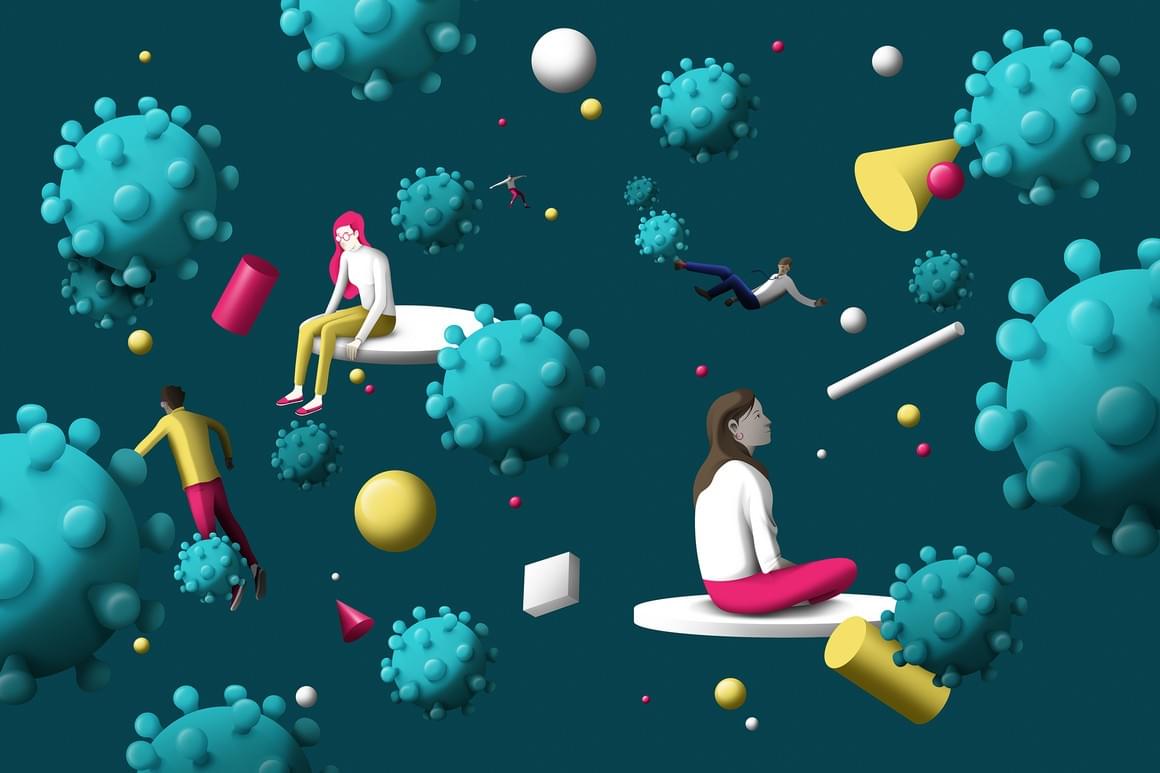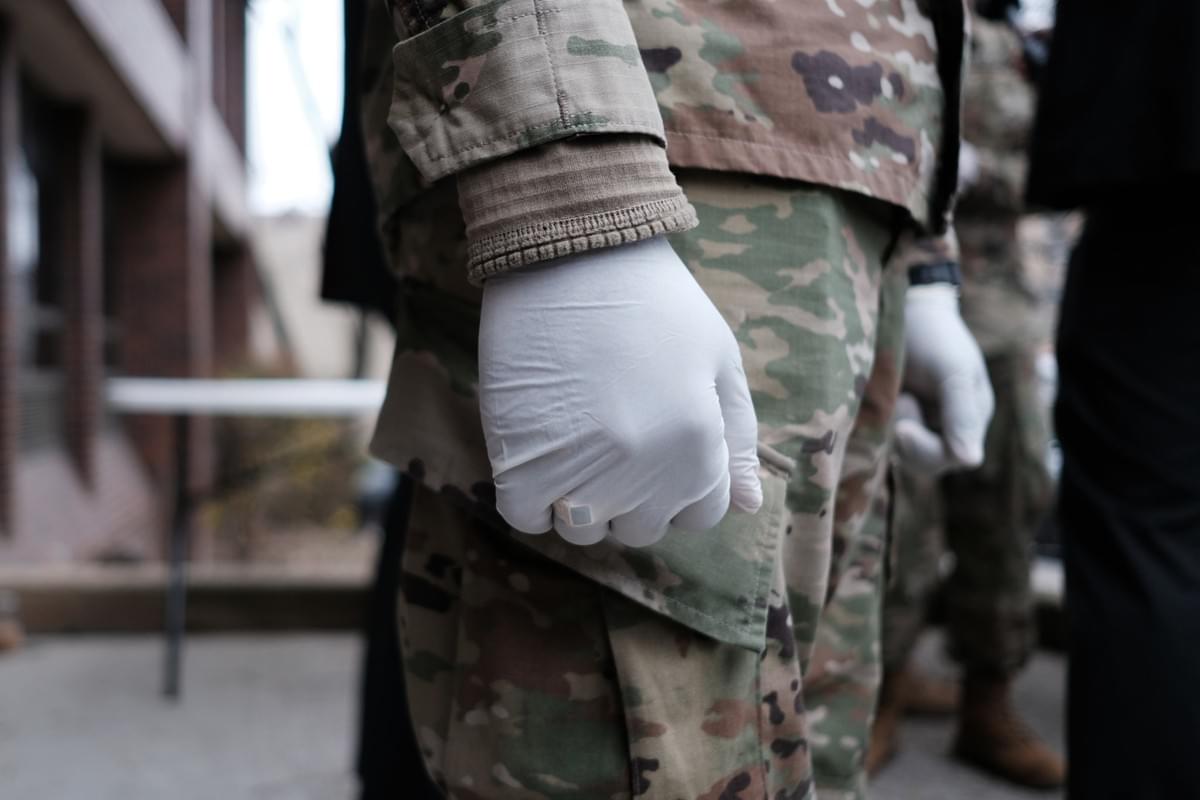It is April 19, six weeks into life, upended. In the last few years I often longed for a pause button on the world: a moment when everything would slow down and I could catch up, finish that piece of writing, read that book, get more sleep. Now I have that gotten that world on hold, and for awful reasons. It is an unquiet pause.
In plague times of old, writers produced page after riveting page: diaries, novels, great plays. Since neither Shakespeare nor Samuel Pepys had to worry about Zoom meetings, frenetic household disinfection, nor the distractions of MSNBC and Twitter, I’m taking myself off the hook for another King Lear. The furthest I’ve gotten in my “book of Covid-19 times” is thinking about its table of contents, every week a chapter.
Chapter One: In-between Days, balanced uneasily between life as normal and life quite different, when much of my worry focused on how to react. Take that trip? Teach that class? Send my kids to school? Will this be a sprint or a marathon? My dispatch from that week appeared in the newspaper in early March. It seems like forever.
Decisions by others resolved those questions in Chapter Two: Preparations. The university closed, the schools closed, large gatherings were cancelled. That was the week of trundling giant carts brimming with groceries down every aisle, anxiously scanning the shelves for things not on the list that I might suddenly realize we needed. The gym was still open. I went, diligently wiping down equipment. How cautious it seemed then, and how reckless it seems now.
I finished my Winter Quarter class online and the upending of student life trickled into my inbox: students scrambling to catch that last plane home across continents and oceans, apologies appended to final exams. “It’s not my best work,” they told me. How could it be?
Then came Chapter Three: The Upside-Down. Everything that once was so fast became slow. My reflexive punch of the Amazon buy-it-now button no longer would produce something at our doorstep in one or two days; now it was five, seven, longer. We went from worrying about screen time to being glued to screens all day, without apology. They were lifelines to school and work and friends and everything beyond our four walls. I’d always been a slacker about remembering to bring reusable bags to the supermarket. Now, they didn’t want us to use them at all.
Things that seemed so stable and unchanging flipped upside down, too. Friends infected. The first death of someone we knew: the owner of the market we visited daily for a decade, who always had a cracker for our toddlers and a wine recommendation and good political gossip for the grownups. It was real, and near, and terrifyingly unknowable.
Chapter Four: The Great Retreat. Before this, the great American tragedy of my adult life had been September 11, 2001, an event that came far too close to upending my world as I knew it. Recovery from 9/11 came with connection—to people, to places, to our neighborhoods, to our cities. Even the president told us to do our part by going shopping.
Now we are in a national emergency where we must do the opposite. We disconnect from physical contact from others. We cross the street when someone approaches us while out on a walk or run. Stores are shuttered, other people are the danger, we burrow further into our Netflix binges and Zoom cocoons.
Chapter Five: Give me Strength. Seattle seems to be over the worst of it, and New York is drowning. The painful inequalities of twenty-first century America yawn wider. Essential workers, we realize, are not software engineers or history professors, but the doctors and nurses and pharmacists and grocery checkout clerks and bus drivers and custodians. They are disproportionately female and disproportionately minority. The ranks of the unemployed swell to levels unseen since the Great Depression. It is hard to pull out of the whorl of dreadful news, not least because anyone who teaches about the late 1920s and early 1930s saw it coming.
But this is a marathon, not a sprint, which brings us to Chapter Six: The Hope. A week of recognizing the extraordinary sacrifices so many have made for the greater good. A week when we received masks in the mail from a college friend who made 500 of them in her spare time, when friends with the virus made it out to the other side, when we smile through our masks to neighbors when we walk down the street. The video calls with far-away friends that I don’t talk to often enough. My extraordinary students. My colleagues. My family of four, sitting down together for dinner each evening, and telling one another about the best part of our day (and it's usually that family dinner).
The news outside is terrible, but a different future starts seeming legible. It will depend on many things not yet resolved—mobilizations, elections, cooperation, a coming together of a nation so staunchly apart. That’s where history is useful, for it shows how extraordinary change can happen in very little time. But we all must work, in our own ways, to make that happen.
No book events, but lots of thinking and writing going on here.
America is at War, and There is Only One Enemy: my most recent piece in The New York Times explained how and why America mobilized once before--for World War II--and why it must once more.
Coronavirus Will Change the World Permanently. Here's How: Politico Magazine asked for my take on what might come next, along with the thoughts of a whole range of other thoughtful people. The result was one of my favorite, and moving, reads of the last several weeks. I think you will like it too.
Are Big Tech Companies Our Wartime Heroes in the Fight Against Covid-19? I joined a Slate roundtable discussing what tech companies might do now.
Is There Any Precedent in Silicon Valley? Joint Venture Silicon Valley asked me and its other affiliated researchers what Covid-19 means for the Valley; here's what I had to say.
What You Should Know About the Defense Production Act: I appeared on WBUR's On Point to go deep on the DPA and why it matters now.
A Post-Coronavirus America: I spoke to Huffington Post about how this crisis might change everything.
Le crise du coronavirus va-t-elle améliorer l'image des GAFA?: I spoke to Le Monde about how Covid-19 has transformed the Big Tech debate.
More to come in the weeks ahead, from debates to podcasts to commentary and beyond. And now that I've gotten through Tiger King, I might even make some headway on that pile of books by my bed.
In the meanwhile, friends, stay home and stay healthy!

The mountain may get me through this. April 2020.


